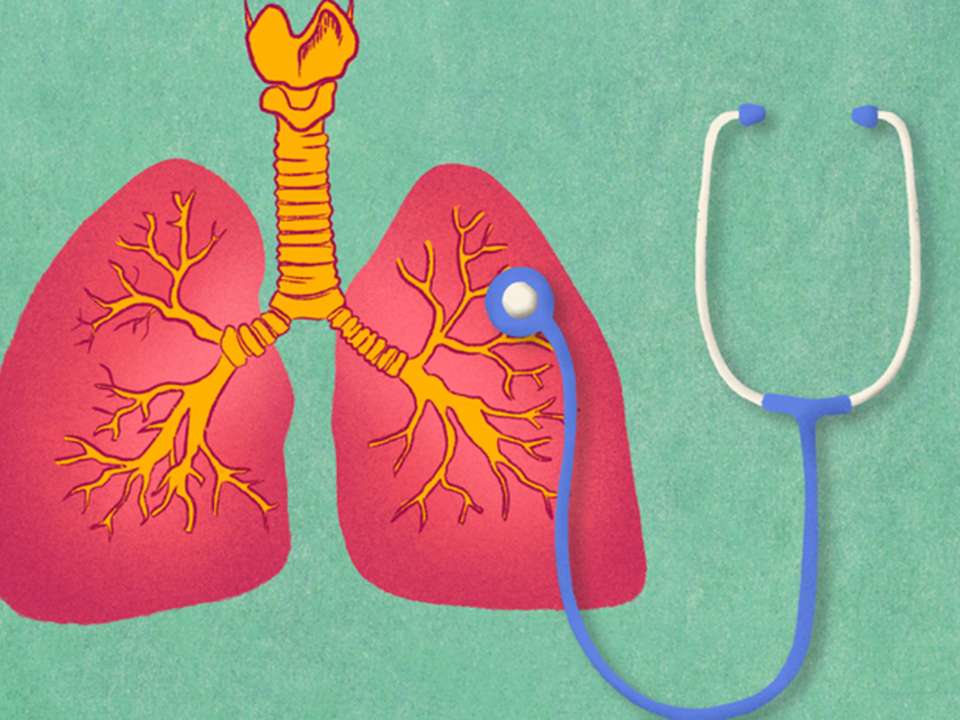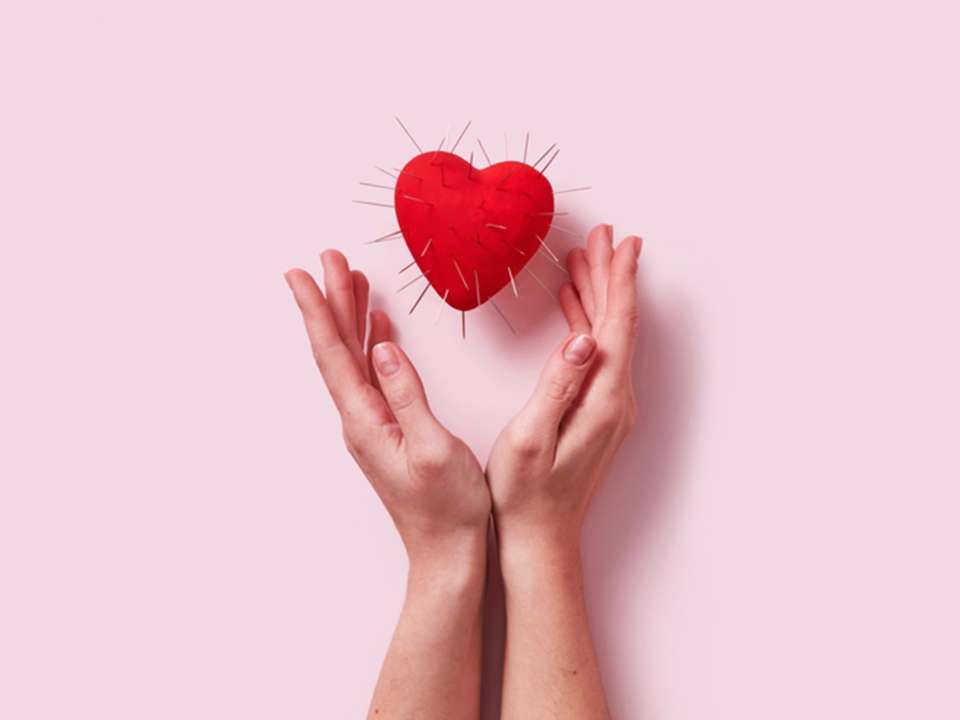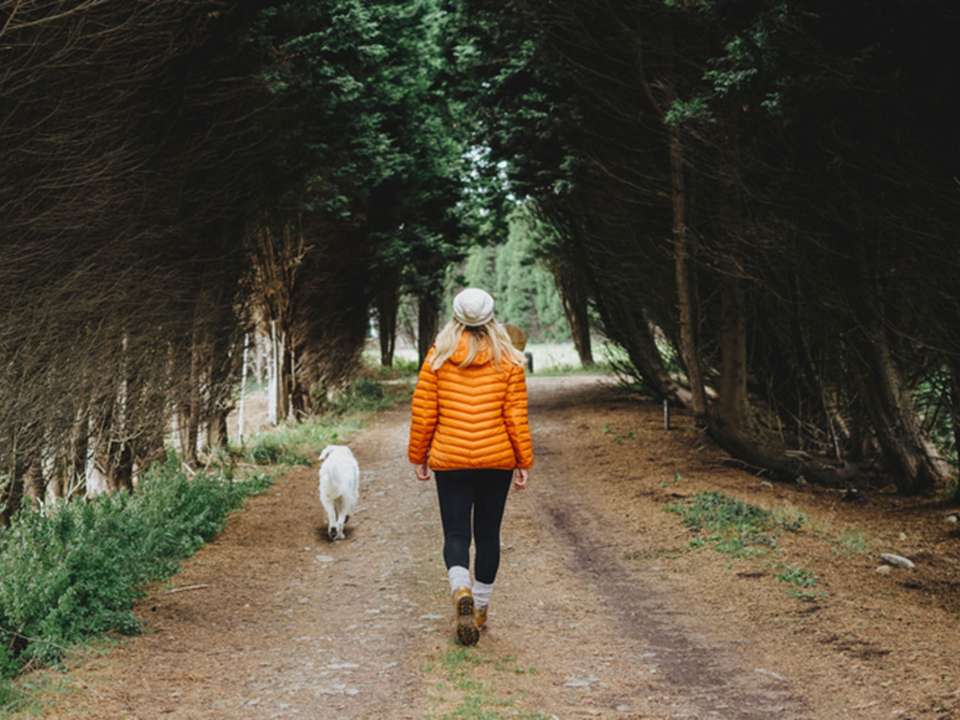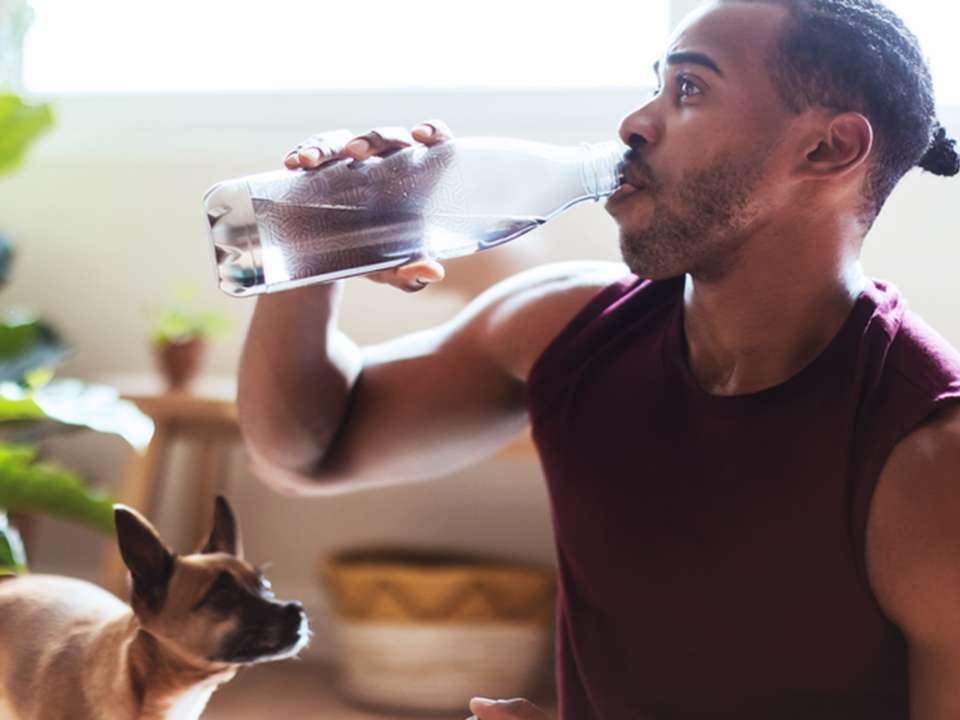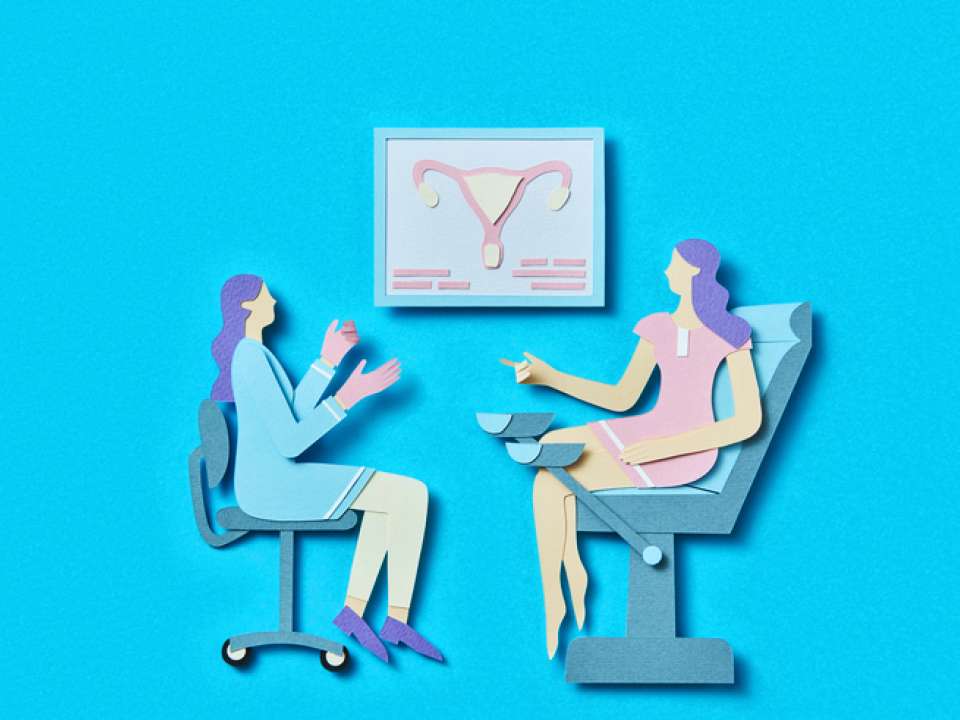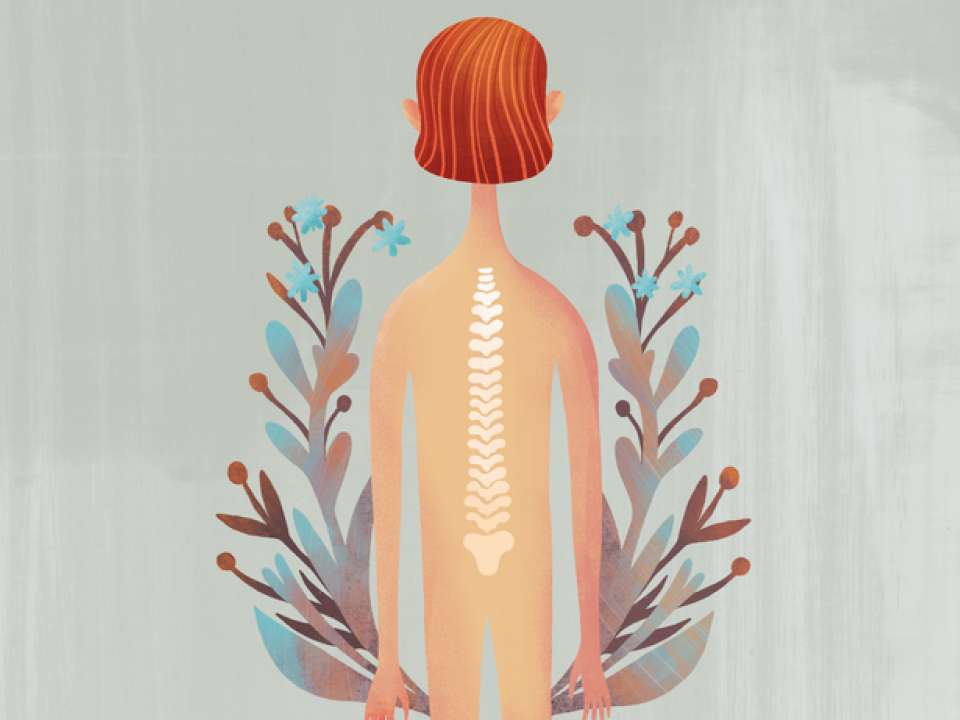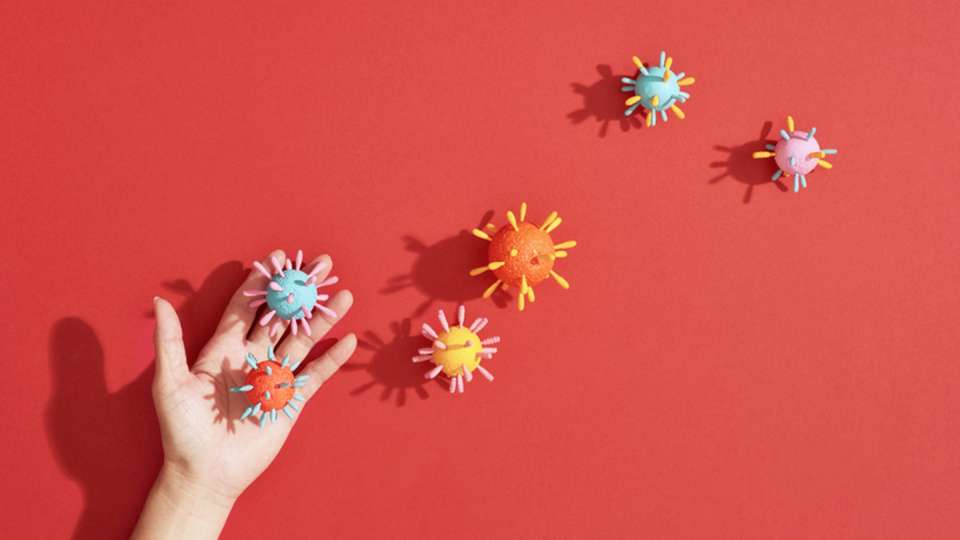
With the growing number of COVID-19 cases in the Seattle area, you’re feeling a little (OK, a lot) on edge. So you’re doing what you can to prepare and stay healthy, from stocking up on hand sanitizer to practicing your social distancing.
But along with all these preventive measures comes a slew of misinformation about how to boost your immunity and avoid getting infected with the novel coronavirus. What’s a concerned citizen to believe?
To help you separate fact from fiction, Dr. Jan Agosti, an infectious disease specialist in the Division of Allergy and Infectious Disease at the University of Washington, debunks some prominent coronavirus immunity myths and gives evidence-based advice for staying safe in these uncertain times.
MYTH: Vitamin C or zinc prevents you from getting COVID-19
While supplements like vitamin C and zinc are often popularized as a way to alleviate symptoms of a cold, Agosti notes there’s no evidence that they can prevent a coronavirus infection.
“Vitamin C in large doses only shortens the duration of upper respiratory infection symptoms for a day or so,” she explains. “Zinc is only useful for boosting immunity in those who are zinc deficient, such as those on some vegan diets — again, no evidence for coronavirus.”
MYTH: Exposing your body to heat prevents a coronavirus infection
Perhaps you’ve heard that taking a hot bath or drinking hot water to raise your body temperature will keep you from catching COVID-19.
“It’s not possible to change your body temperature sufficiently to prevent the infection,” Agosti explains.
Not only that, but the World Health Organization (WHO) notes that people who try this method might end up inadvertently burning themselves if they use water that’s too hot for comfort. Ouch.
MYTH: Eating garlic protects you from the coronavirus
Hate to break it to you, garlic lovers, but this one’s busted too. While research shows that garlic has some antimicrobial properties, that doesn’t mean downing clove after clove will keep the coronavirus at bay.
“Despite the intriguing in vitro data on anti-infective properties of garlic, there are no clinical data to support its use in this case,” Agosti says. “Ingesting garlic will not deliver the compounds of interest to respiratory epithelium, or the lining of the upper airways.”
What she means is that garlic’s potentially protective properties haven’t been proven outside a lab setting and haven’t been tested on the coronavirus. And, even if they were, eating garlic still won’t protect your respiratory tract, the area most targeted by COVID-19.
MYTH: Rinsing your nose with saline flushes the coronavirus out
While a nasal saline rinse might help you feel better when you’re getting over a regular cold, it’s not going to ward off the coronavirus.
That’s because viruses are able to bond really well to receptors in the lining of your respiratory tract and aren’t likely to be flushed out by a liquid. What’s more, Agosti says, rinsing with saline too often can actually make you more likely to get sick.
“Using saline frequently is potentially harmful since it can flush away innate immune system components,” she explains.
MYTH: Ingesting “miracle minerals” wipes out the coronavirus
If you’ve heard about a “miracle mineral solution” from some YouTuber who swears it can cure the flu and COVID-19, let’s just say it’s best to hit unsubscribe.
“The Food and Drug Administration cautions you not to ingest this compound, which is used in sterilization of water and surfaces,” Agosti says. “It’s essentially bleach.”
MYTH: Certain weather kills the coronavirus
Another popular coronavirus myth is that cold weather or, conversely, hot weather will stop the coronavirus from spreading.
“The virus seems to be circulating despite the weather conditions,” Agosti notes.
The World Health Organization points out that COVID-19 cases have been confirmed in all climates, including hot and humid locations. Basically, you can’t blame the weather report for this pandemic.
MYTH: Spraying your body with disinfectants prevents a coronavirus infection
Using hand sanitizer? Sure. Dousing your body with chlorine or a disinfectant spray? Not so much.
While you might argue that a disinfecting spray should have the same sanitizing effect on your hands as it does on your kitchen counter, remember that there’s a big difference between skin and linoleum.
“Using things like chlorine on a regular basis is too irritating,” Agosti explains.
Spraying yourself with chlorine or some other cleaning chemical can also hurt your eyes and stain your clothes.
MYTH: Flu shots protect against the coronavirus
While flu shots are still recommended for everyone each year, pandemic or not, getting one won’t prevent you from getting COVID-19. That’s because the coronavirus and the influenza virus are different.
“The flu shot is still a good idea in general to prevent flu and alleviate the strain on the health system,” Agosti notes.
FACT: There are ways to naturally boost your immune system
Although there’s no way of knowing when the coronavirus pandemic will be over, there are steps you can take to safeguard your health.
To keep your immune system functioning well, Agosti says it’s all about practicing basic healthy living habits.
“Follow a healthy diet, exercise, get sufficient sleep, manage your stress and keep it to no more than one alcoholic drink per day for women or no more than two for men,” she explains.
FACT: Handwashing and good etiquette can prevent spread of COVID-19
If you’re looking for proactive tips for staying safe in the age of coronavirus, just put down the garlic and wash your hands.
Washing your hands frequently with liquid soap for at least 20 seconds and then drying them with a paper towel is still the best way to prevent yourself from getting infected with the coronavirus. You should also avoid touching your face with your hands, which is how the virus can enter your body through your nose, eyes or mouth.
If you don’t have access to a sink, use a hand sanitizer that’s at least 60% alcohol. That 60% part is important, especially if you’re thinking of going the DIY route using what you have in your liquor stash. Why? Liquors like vodka may be only 40% alcohol.
Be sure to sterilize frequently touched surfaces like counters, faucets, door handles and light switches. And don’t forget to clean your cell phone with alcohol wipes or a UV light sanitizer.
Another preventive measure? Avoiding contact with others. This includes physical contact like shaking hands, hugging or kissing. It’s also recommended to stay 10 feet away from others when in public. If you can, telecommute instead of going into the office and avoid traveling.
When eating, opt for using clean utensils instead of your hands and skip any shared snack bowls that multiple people may have touched.
If you do end up catching a cold or even coming down with a bad case of allergies, stay home and don’t forget to practice good respiratory etiquette. That means covering your nose and mouth — a tissue is best but a sleeve works just as well — whenever you have to sneeze or cough.
By doing what you can, you’re not only protecting yourself but also helping keep others in the community safe.

 Healthy ideas for your inbox
Healthy ideas for your inbox
